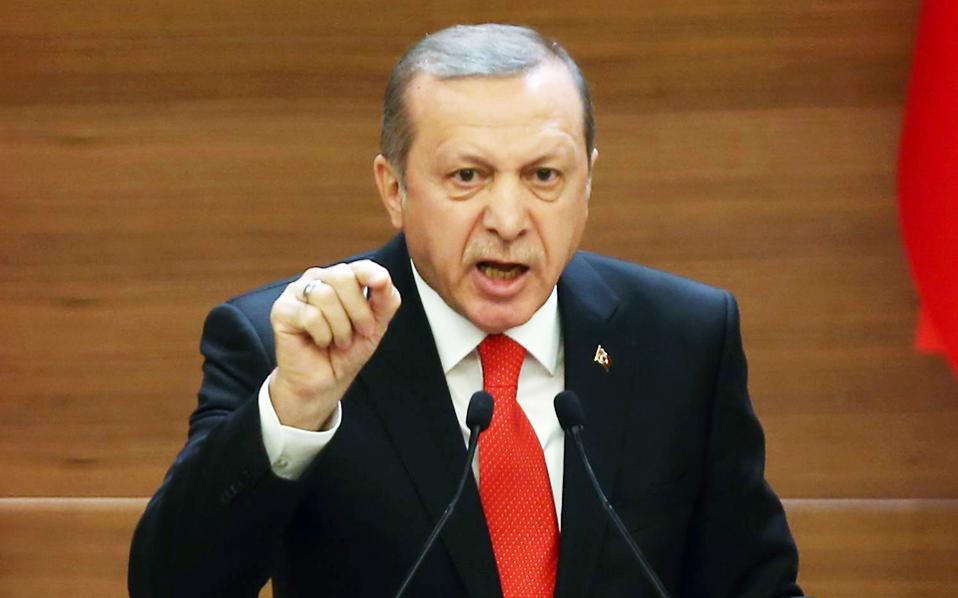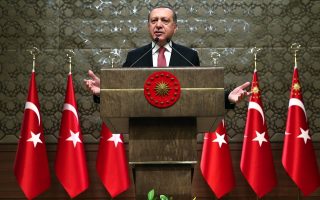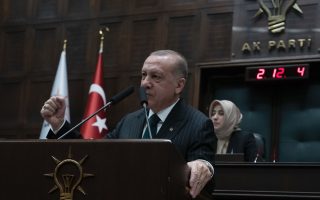The case for security

For the last seven years Greece’s negotiations with its international lenders have frequently entered phases of uncertainty that have simply prolonged domestic antagonisms, with the opposition slamming whichever government happened to be at the helm at the time. In turn, the government called out the “irresponsibility” of its political opponents.
It’s the same old story played out again and again, and the same old drama.
And this goes on even though Poul Thomsen outlined in full detail the tactics he would pursue with regard to Athens and Berlin in an e-mail to Delia Velculescu, the current IMF mission chief in Greece.
According to Thomsen, threatening Greece with economic asphyxiation and the application of coercive pressure on Germany ahead of elections there would be the catalysts for a deal.
The leak of this communication came as a shock to many, but in the process they forsook the content of the mail. Today we see how it is being implemented in practice.
Given this, eurozone leaders and ministers could be considered the whipping boys of IMF bureaucrats. But, for now, the shots in Europe are being called by the technocrats.
The difference now is that there is another far more serious factor of instability at play, because it concerns not just the economic future of Greece, but its very security – on account of the spike in tensions between Athens and Ankara.
These tensions are being fueled on a daily basis as a result of Turkish President Recep Tayyip Erdogan’s quest to secure votes ahead of the April 16 referendum to expand his executive powers.
At the most crucial junctures in any nation’s history, it is patriotism and not just material forces that ensure that a foreign danger is successfully kept at bay.
“Patriotic” rhetoric for domestic purposes is a parody, exposing the weaknesses and shortcomings of a political system. And there is a danger that a random event could lead to a serious incident that even politicians who engage in irresponsible rhetoric do not wish for.
Of course we will not be able bring anyone to their senses. And no politician – in Greece or Turkey – will take a determined stance to reverse the trend that has been created, which burdens relations between the two countries on a daily basis.
The danger of being called a traitor is very real given that the term “treason” has been used for far less important matters.
What should not pass unnoticed is that Washington, according to information garnered by Kathimerini, has urged Ankara to reduce tensions.
The fundamentals must not be lost on anyone while a country’s security is at stake and before a European army is created.





